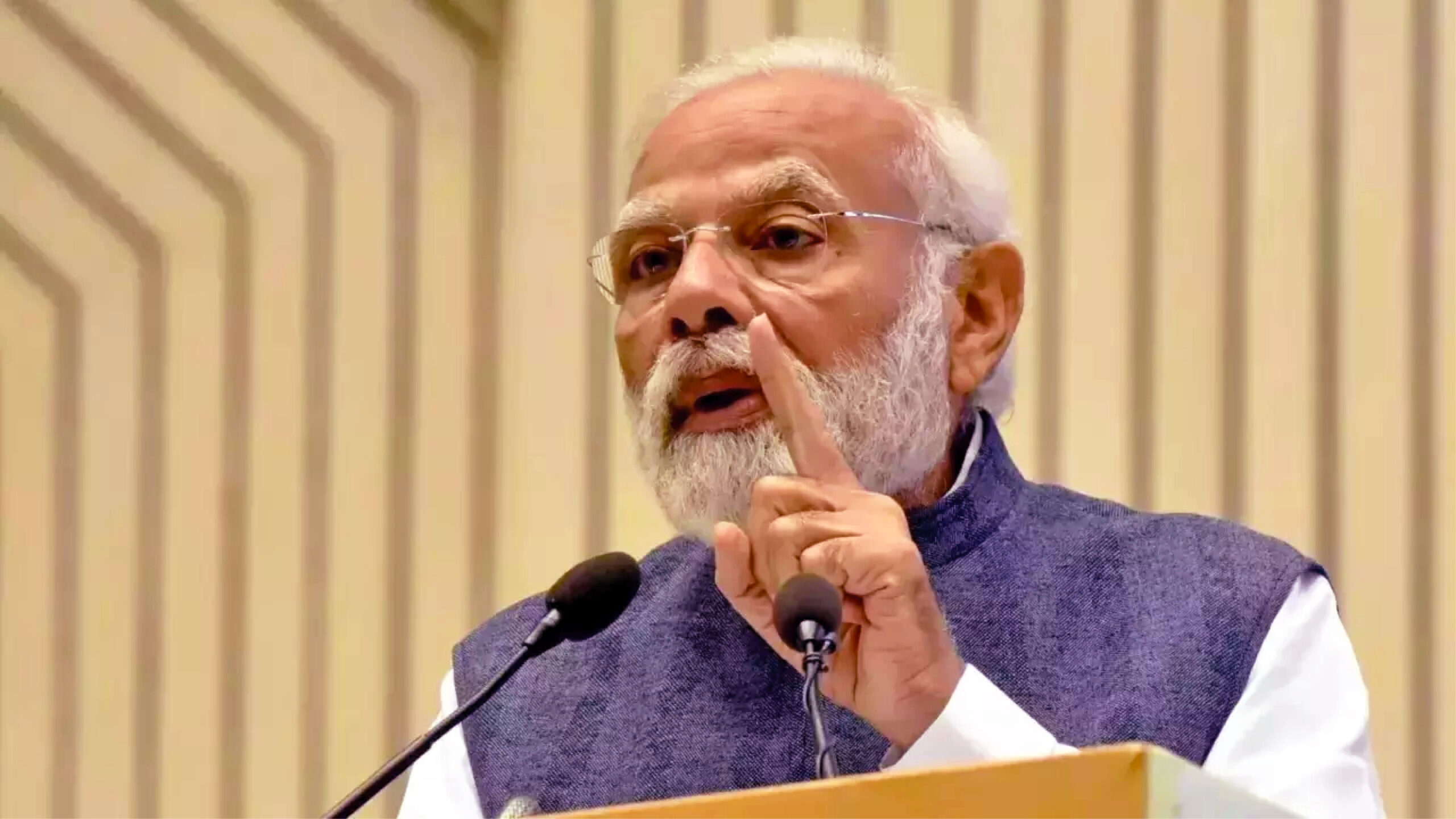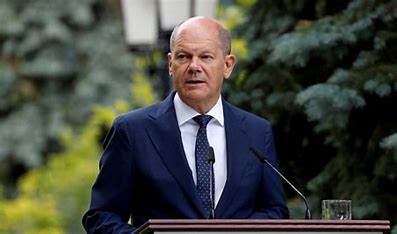
In the symphony of peace, India emerges as a virtuoso, orchestrating a transformative journey that intricately weaves together ancient Vedic wisdom with modern scientific advancements. This exploration delves into the narrative illuminating India’s pivotal role in spearheading a global movement for peace restoration through its Vedic technology, encapsulated in the profound practice of the Transcendental Meditation (TM) and TM-Sidhi programs, and their equally profound impact on global peace.
The Ripple Effect of TM Practice in Global Peace Restoration
Research and studies conducted in various countries paint a compelling picture of the influence of the TM and TM-Sidhi programson societal harmony. In the United States, demonstration periods of TM practice by large groups witnessed a staggering 72% drop in terrorism and an average 32% reduction in international conflict. In the UK, the Maharishi Effect, observed when TM and its advanced programs are practiced in large groups, led to a measurable decrease in violent deaths.Moreover, in Lebanon, the day-to-day fluctuation in the size of a TM group, that was around the square root or √1% of the population, demonstrated a statistically significant effect on war deaths and war intensity.
Contributing to this global narrative is a seminal study conducted in Delhi, India, in 1980, during a large conference of practitioners of the TM and TM-Sidhi programs from around the world. The study found a notable 11% decrease in crime totals, and time series intervention analysis indicated results unaccounted for by cyclical variation in crime or changes in police activity.
For further substantiation, a groundbreaking study titled ‘Field-Effects of Consciousness’ conducted in the United States presents a seventeen-year analysis of the effects of group practice of the Transcendental Meditation and TM-Sidhi programs on reducing national stress. This study reveals that when a group practicing these techniques reached or exceeded a predicted required threshold of √1% of the U.S. population, there were significant and meaningful trend reductions in indicators of national stress, including homicides, rape, aggravated assault, robbery, infant mortality, drug-related deaths, motor vehicle fatalities, and fatalities due to injuries in youths aged 10-19.
The Maharishi Effect, a theory named after TM Founder Maharishi Mahesh Yogi, posits that when a critical mass of individuals practices the TM and TM-Sidhi programs, a positive, coherent effect can be felt throughout society. While the foundational work of TM and the Maharishi Effect comes from studies conducted in various countries, including the United States, it’s crucial to note that Maharishi Mahesh Yogi began teaching the Transcendental Meditation technique in India in the mid-1950s.
One of the key studies often cited in relation to the Maharishi Effect is a 1993 study published in the journal ‘Psychology, Crime, and Law.’ This study showed that during a two-month period when 4,000 practitioners of the TM and TM-Sidhi programs participated in a National Demonstration Project in Washington D.C. that led to a significant reduction in violent crime. This study serves as a cornerstone in discussions about the potential societal effects of large groups practicing these technologies of consciousness.
Ancient Indian Wisdom Meets Modern Science
India’s role in creating inner and outer peace is pivotal because its cultural roots delve deep into the realms of spirituality and Vedic knowledge, encompassing diverse disciplines such as yoga, meditation, Ayurveda, etc. This age-old wisdom, once confined to the shores of the subcontinent, is now at the forefront of a global resurgence.
For millennia, India has been a beacon of wisdom, offering philosophies and practices that nurture inner peace and harmonious living. The legacy of yoga, meditation, and Ayurveda has provided a comprehensive approach to mental well-being, promoting the interconnectedness of mind, body, and spirit.
Today, India actively embraces modern science to further its commitment to mental well-being. Renowned institutions conduct rigorous research on the efficacy of ancient practices, providing scientific validation and credibility. The government’s initiatives, such as the National Mental Health Programme, highlight India’s dedication to addressing the mental health needs of its citizens.
The potential for India to emerge as a global leader in evidence-based solutions to health and societal challenges is immense. Overcoming these challenges will pave the way for a world where India’s ancient wisdom and modern science coalesce for the betterment of humanity.
GUSP’s Vision for Global Harmony
At the forefront of the movement towards global peace is the Global Union of Scientists for Peace (GUSP), advocating for the application of India’s Vedic technology, specifically the Transcendental Meditation (TM) technique and the TM-Sidhi program, to alleviate global anxiety and conflict. Central to GUSP’s mission is the scientific evidence from hundreds of studies that TM practice can foster inner peace, social cohesion, and empathy on a global scale.
Scientific studies published in leading peer-reviewed journals, highlight the positive impact of TM on stress reduction, improved mental well-being, and enhanced social connection. The Maharishi Effect, a phenomenon observed when TM and its advanced programs are practiced in large groups, demonstrates a significant reduction in societal stress, crime, and violence.[7]
In the symphony of peace orchestrated by India, the marriage of ancient Vedic wisdom and modern scientific advancements resonates as a powerful melody. GUSP stands as a beacon, actively contributing to global harmony through innovative, evidence-based solutions.
Envisioning Harmony: A Historic Assembly Near Hyderabad
As India continues to lead the charge in the peace-creating movement, a historic assembly is set to showcase these proven peace-creating technologies of consciousness. From 29 December 2023 to 13 January 2024, 10,000 experts from 80 nations will gather near Hyderabad. Trained in specific advanced technologies of consciousness, these experts will focus entirely on practicingthe TM and TM-Sidhi programs, as brought to light by Maharishi Mahesh Yogi. This grand event is being organised by GUSP.
This Assembly for World Peace will transcend mere discussion—it will be a powerful convergence of collective consciousness radiating a coherence-creating influence of peace throughout our troubled world.
As we traverse this transformative journey, let us heed the wisdom India offers, embracing practices that cultivate inner peace. Together, we can build a world where mental well-being and peace are not just ideals but a tangible reality—a testament to the enduring legacy of India’s timeless wisdom.
Dr. Tony Nader, MD, PhD, is a distinguished neuroscientist, globally renowned authority in consciousness studies, and an acclaimed Vedic scholar. He received his training at Harvard and the Massachusetts Institute of Technology (MIT). Serving as the successor to Maharishi Mahesh Yogi, Dr. Nader leads Transcendental Meditation (TM) organizations worldwide.
Additionally, he holds the esteemed position of Chairman of the Global Union of Scientists for Peace (GUSP). His expertise and leadership contribute significantly to the global promotion and understanding of Transcendental Meditation.















